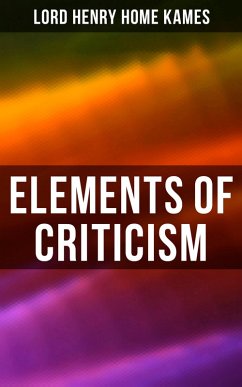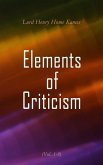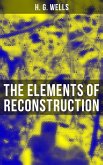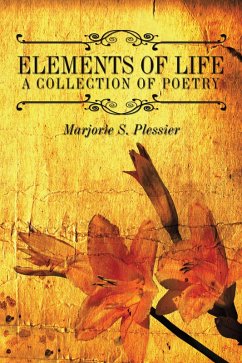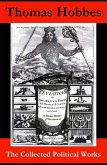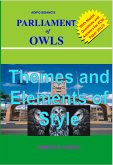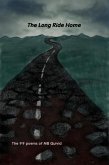Lord Henry Home Kames' 'Elements of Criticism' is a seminal work in the field of literary criticism, first published in 1762. The book provides a comprehensive analysis of the principles of criticism, covering topics such as the nature of taste, the role of imagination, and the criteria for evaluating works of literature. Kames' writing style is clear and concise, making complex ideas accessible to readers. This work is considered a cornerstone of Enlightenment-era literary theory, influencing subsequent generations of critics and scholars.
Dieser Download kann aus rechtlichen Gründen nur mit Rechnungsadresse in A, B, BG, CY, CZ, D, DK, EW, E, FIN, F, GR, H, IRL, I, LT, L, LR, M, NL, PL, P, R, S, SLO, SK ausgeliefert werden.

